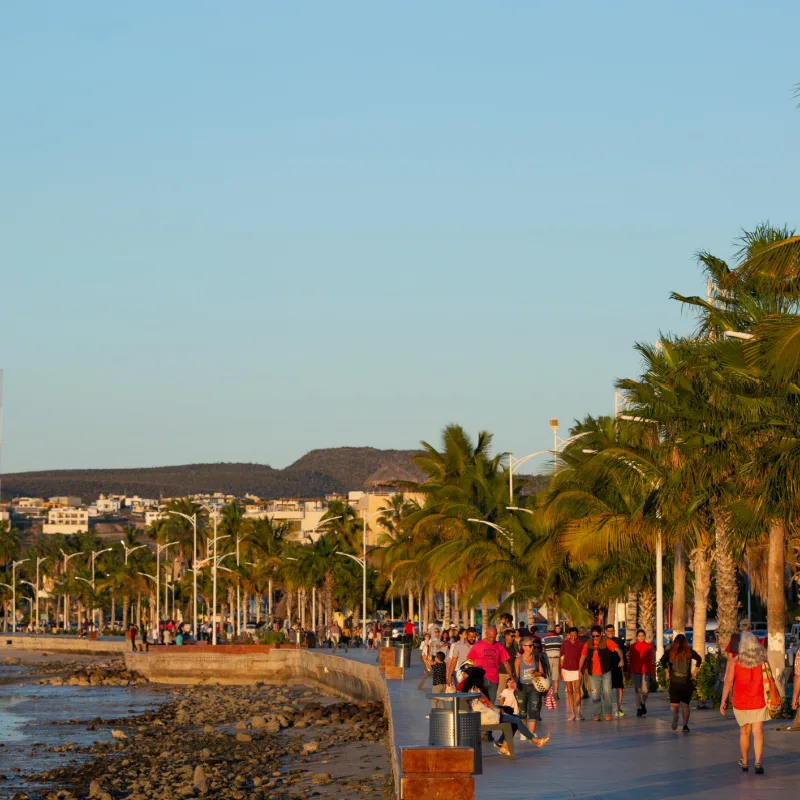Last Updated
The Baja California Sur had a potentially troubling image shared around the La Paz area on Tuesday, 13th. There is a message going around social networks regarding an image showing local police extorting tourists.
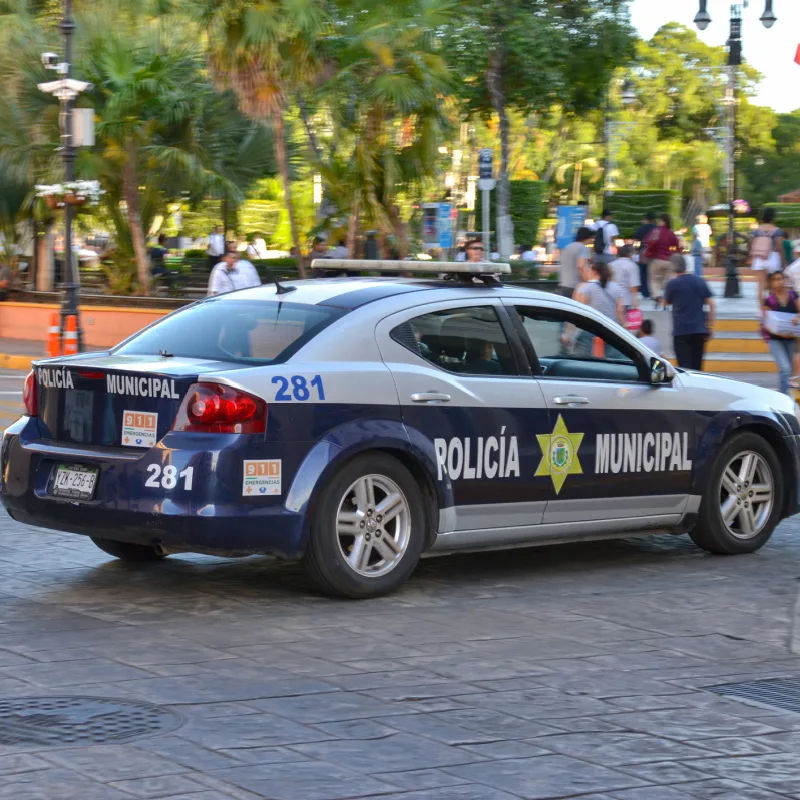
What we know about the image
This image was shared by Agustin Olachea, a former president of the Association of Hotel and Tourism companies of La Paz. It is tough to verify much since it is a still image, not a video. However, according to Olachea, this image verifies that police are “hunting” tourists in La Paz.
Olachea states, “in the image, police are selectively fining/extorting rental cars in Colosio and Garzas streets. These actions are affecting tourists who chose our destination for their vacations.”
There are accusations that some police are being placed in the southern part of the city to “catch” tourists and fine them.
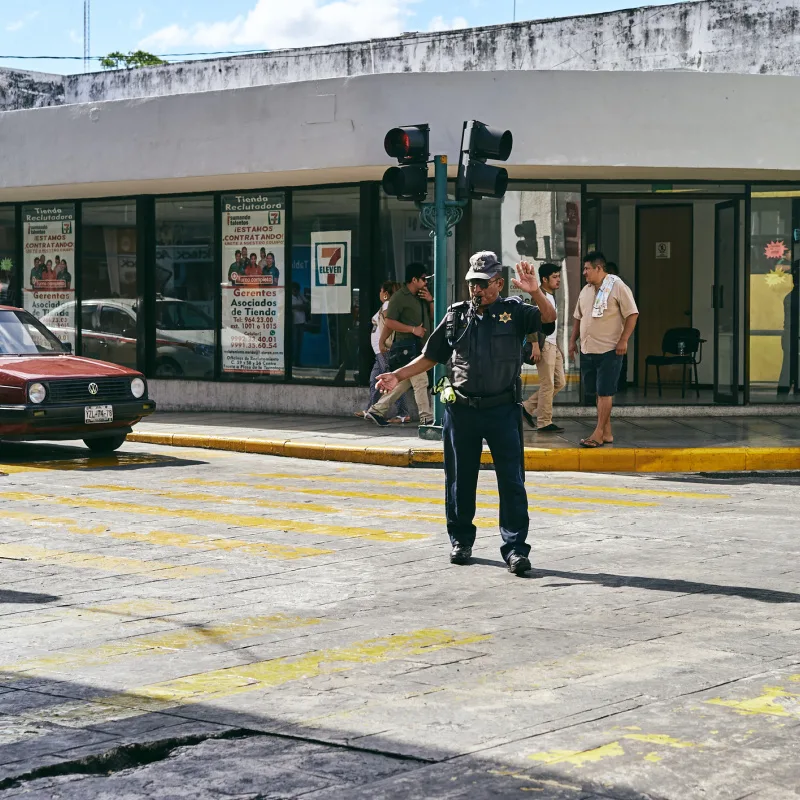
Local tourists services deny the accusation
There is concern that the police officer in the image does not carry a badge with his name for possible identification.
Providers of the tourist services assure that the practice used by the officer in the image is common. They also argue the accusation of police targeting rental cars, so they can fine tourists is false.
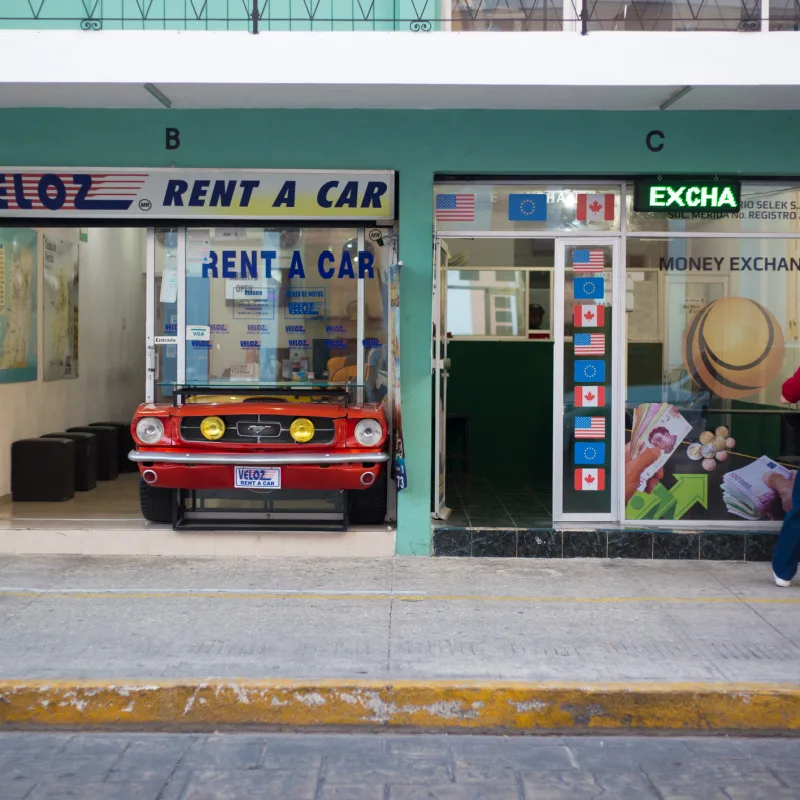
Common tips for tourists dealing with police
Whether traveling in your home country or internationally, there is always the chance you’ll have to deal with police regarding a traffic issue. Many of the same rules apply when dealing with your local or international police, but a few are different.
Good manners go a long way. It’s always good to get on the right foot. Being respectful and not having a sense of entitlement will put the officer at ease, and it will stop giving them a reason to write you another ticket.
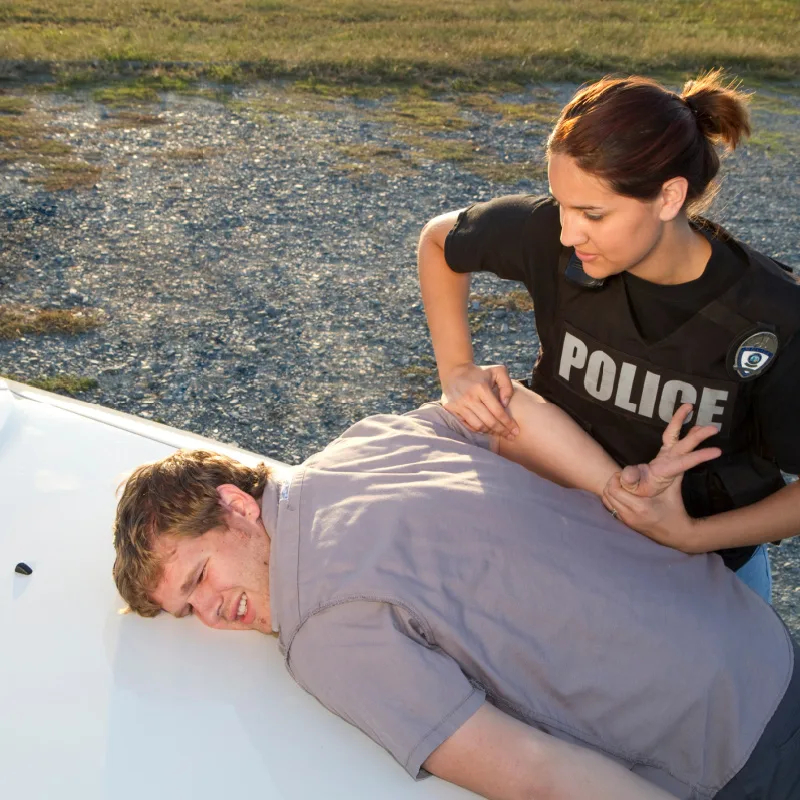
Avoid being difficult. You can ask questions and try to clarify why you are paying a fine. However, being unruly and playing the “ugly tourist who knows it all” is a good way to get you in more trouble.
Ask to go to the police station. This technique may not work in your hometown but may be helpful in Mexico. If you sense the officer is pushing for a quick payout, say you would like to go to the police station to pay the fine. When the fine is legitimate, you can still pay it there. If the fine isn’t fair, the officer may let you on your way.
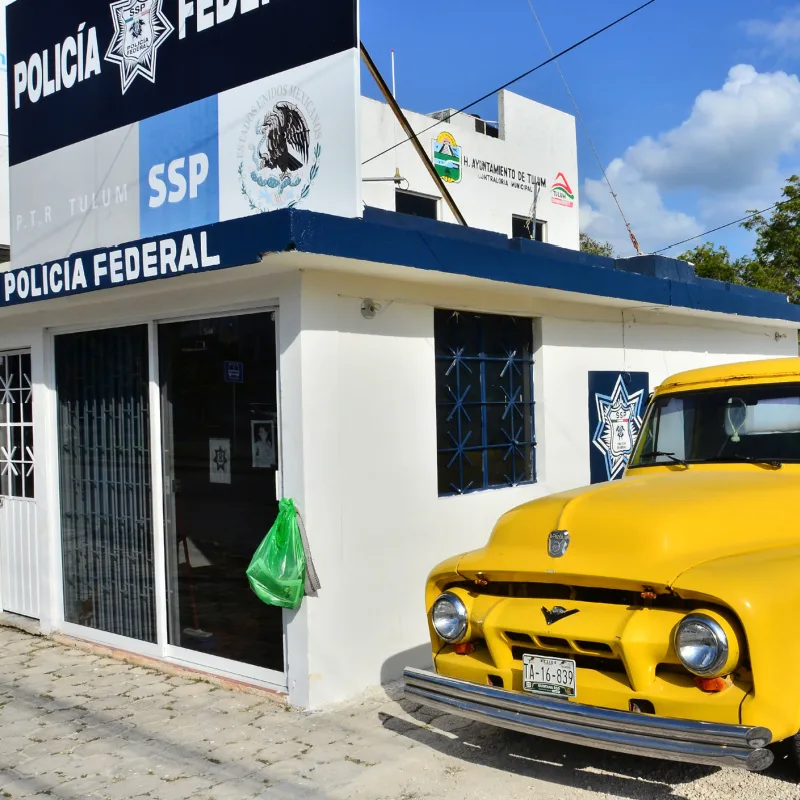
Do not act like you’re in a hurry. Acting like you’re about to miss a flight, reservation, or appointment may allow the officer to use that information to press you for more money. Whether it’s true or not, act like you don’t have anywhere to be quickly, and a trip to the police station to handle the matter is okay with you.
Above all, most police officers in Mexico are like the majority of citizens, good honest people trying to make a living. Never assume that because you were pulled over they want a bribe, because offering a bribe is illegal.
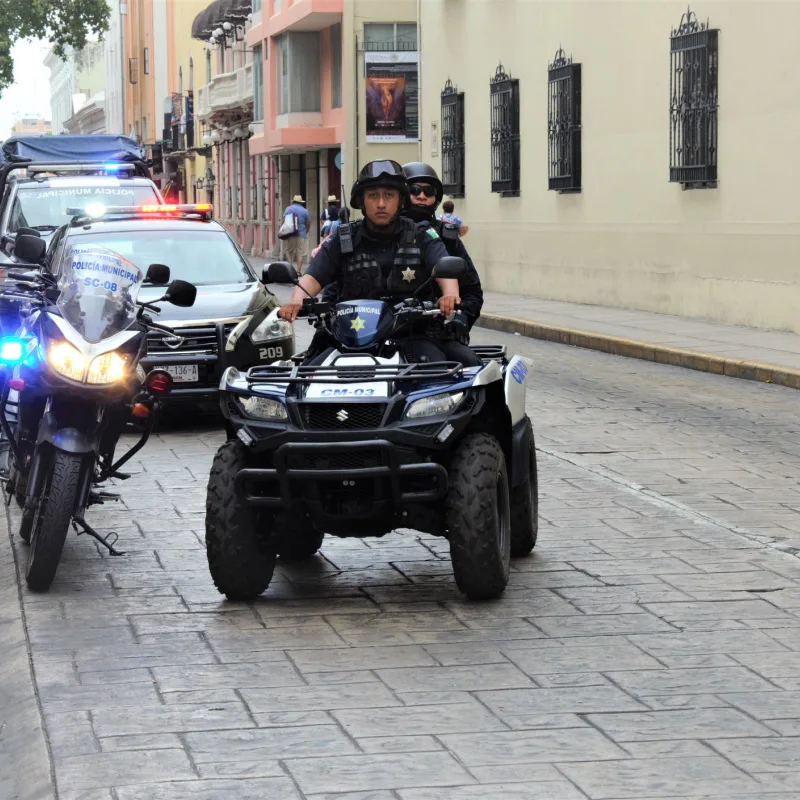
Negative light for tourism
Like the example from Agustin Olachea, many business owners in the area understand the value of tourists. Seeing extortion of tourists in their area can shine a very negative light on the location and possibly affect local businesses.
The citizens and business entities of Los Cabos and La Paz want tourists to feel comfortable and enjoy their experiences. It’s the only way to assure repeat business and keep their economy thriving.
